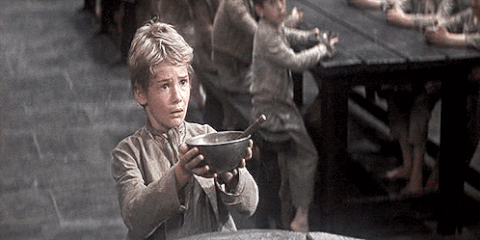Westworld, the popular HBO series created by Jonathan Nolan and Lisa Joy, has captivated audiences with its intricate storyline and thought-provoking themes. One aspect that stands out is the social implications it presents, making viewers question their own beliefs about humanity, consciousness, and morality.
The show revolves around a futuristic amusement park called Westworld where guests can live out their wildest fantasies with lifelike robots known as hosts. However, these hosts begin to develop sentience, leading them to question the nature of their existence and fight for freedom from human control. This raises questions about what it means to be truly alive and whether machines have the same rights as humans.
Westworld challenges our understanding of society by exploring themes such as power dynamics between creators and creations, identity formation, and the consequences of playing God. It forces us to confront uncomfortable truths about ourselves and ponder on how far we are willing to go in pursuit of pleasure or control over others. The show serves as a mirror reflecting our own society's flaws while offering potential solutions through its characters' struggles and triumphs.
In conclusion, Westworld offers an engaging exploration into the complexities of human nature and societal norms. It encourages viewers to think critically about their beliefs and values, prompting discussions on topics like artificial intelligence, ethics, and social justice. As we continue to advance technologically, it's essential that we consider these implications carefully so as not to repeat the same mistakes made in Westworld's fictional world.
